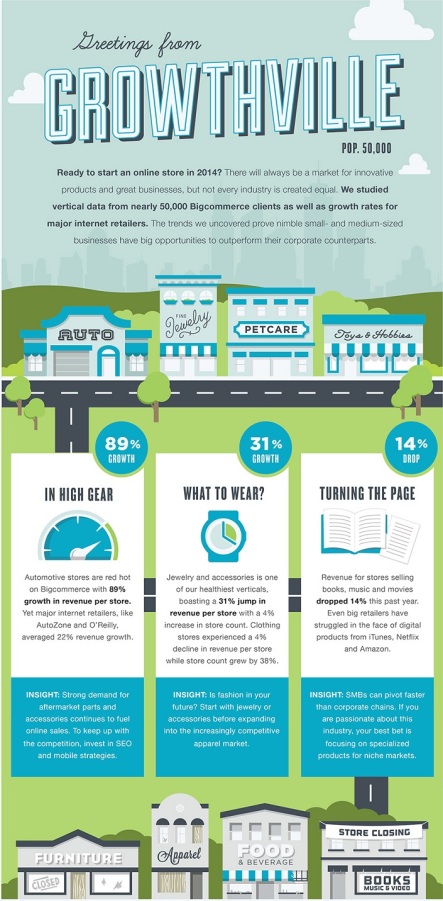More than 95% of new internet businesses fail! One of the main reasons is because they don’t properly determine if their online business ideas are profitable to begin with.
Here’s the ugly truth (that nobody really wants to tell you) – if you don’t properly identify a winning business concept from the very start, you very well could be wasting thousands or millions of dollars and years of your life. Finding the right idea is essential to your success, and most entrepreneurs completely mess this up!
In this video I show you 3 proven steps to determine if your concept can and should be grown into a larger business. Don’t get discouraged if your business idea doesn’t pan out. In fact, most successful entrepreneurs have dozens of ideas that fail before they find a winning business model.
But, they make sure to limit the “damage” of their investments before they commit a lot of time and money to the project – something that I’ll show you how to do (for free) in this short video.
The truth is that anyone nowadays can start a profitable business, if you follow a proven system. Often times people have unrealistic ideas of what is actually going to work and how fast they’re going to get there.
When you boil everything down, everything depends on finding a great idea, and then using specific formulas to develop that idea and help solve the problems of your market.
Remember, if your product doesn’t solve a problem, that is a HUGE warning sign. Here’s one of my favorite quotes, from Zig Ziglar: “If you help enough other people get what they want, you’ll eventually get what you want.”
Three good categories to start with when you’re selecting a niche – which is especially helpful when you don’t even know where to start – are:
1.) Health
2.) Wealth
3.) Relationships
**Each of these niches can be broken down into sub-niches, and micro-niches. The example I use in this video is going from HEALTH …. WEIGHT LOSS …. WEIGHT LOSS FOR 40+ YEAR OLD WOMEN.
Another important step is — doing your research and testing the idea! If you don’t test with at least some results (either opt-ins or sales) then it might not be a good idea to go forward with your business. Further, you need to research the commercial intent of your product.
Comments:
 What does it really take to
What does it really take to 